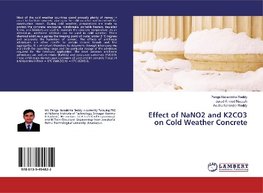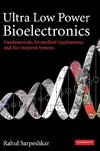
-
 Anglický jazyk
Anglický jazyk
Effect of NaNO2 and K2CO3 on Cold Weather Concrete
Autor: Panga Narasimha Reddy
Most of the cold weather countries spend annually plenty of money in order to facilitate concrete placing in the cold weather and to extend the construction season. During cold weather, preparations are made to protect the concrete; enclosures, windbreaks,... Viac o knihe
Na objednávku, dodanie 2-4 týždne
36.99 €
bežná cena: 41.10 €
O knihe
Most of the cold weather countries spend annually plenty of money in order to facilitate concrete placing in the cold weather and to extend the construction season. During cold weather, preparations are made to protect the concrete; enclosures, windbreaks, portable heaters, insulated forms, and blankets are used to maintain the concrete temperature. As an alternative, antifreeze additives can be used in cold weather. These chemical additives suppress the freezing point of water under 0 °C degrees and accelerate the hydration of cement. The effects of antifreeze admixtures are often specific to certain cement brands and fine aggregates. It is important therefore to determine through laboratory mix trials both the operating range and the particular dosage of the admixture required for the intended application. The most common antifreeze admixtures are sodium nitrite (NaNO2) and potassium carbonate (K2CO3). These antifreezes do not cause corrosion of steel and let concrete freeze at a temperature from -10°C (NaNO2) to -15°C (K2CO3).
- Vydavateľstvo: LAP LAMBERT Academic Publishing
- Rok vydania: 2019
- Formát: Paperback
- Rozmer: 220 x 150 mm
- Jazyk: Anglický jazyk
- ISBN: 9786139454822











 Nemecký jazyk
Nemecký jazyk 
